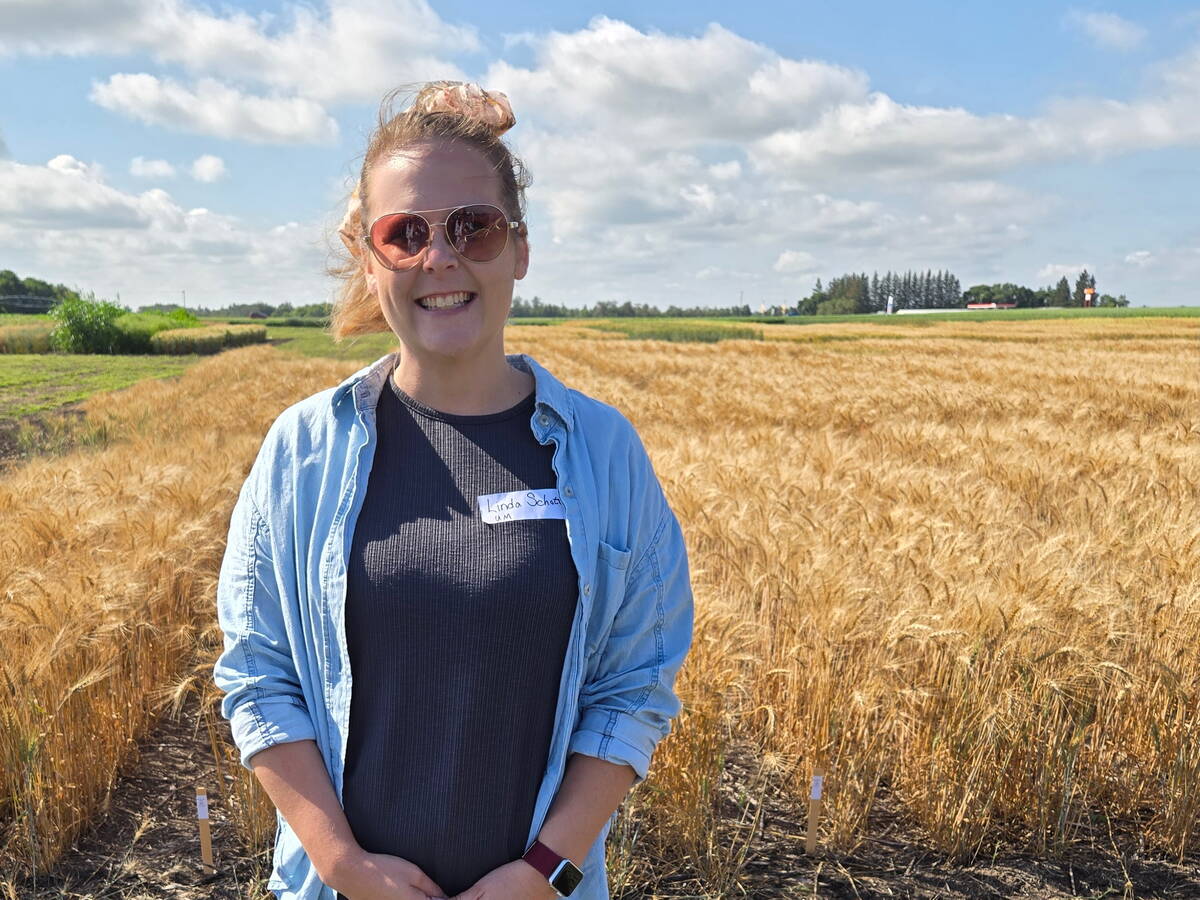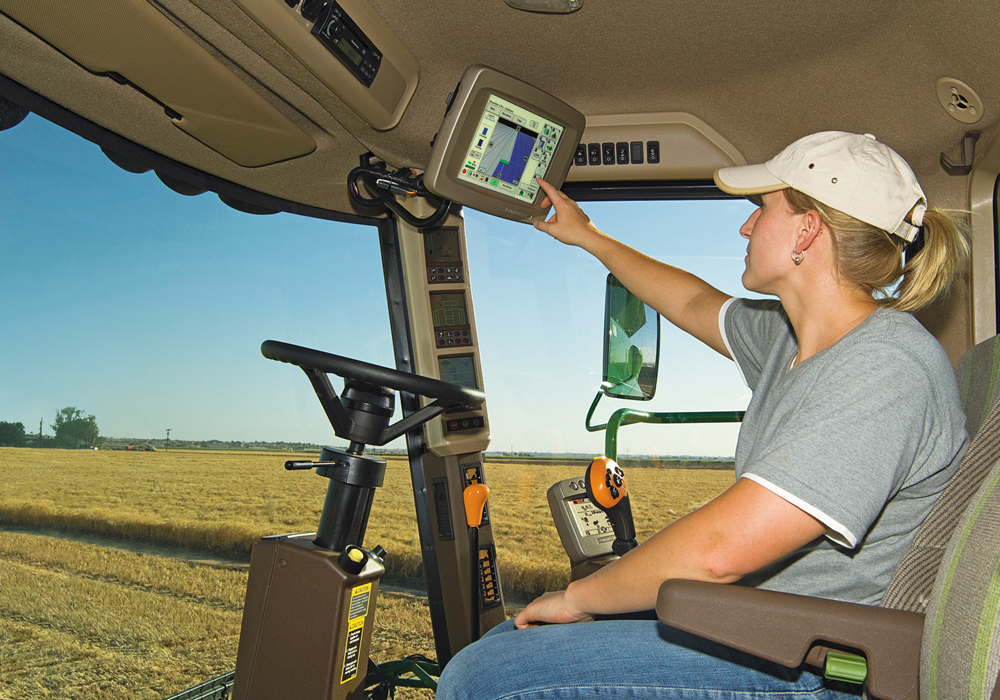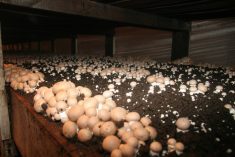It’s not easy to find Canadians who are willing to work on farms. There’s a lengthy list of possible reasons, including an aging rural population and that young, urban Canadians only want to live in cities. Or, that they have zero interest in crops, less interest in tractors and don’t want to manage livestock.
As a result, many farmers spend an immense amount of time on Kijiji and Indeed.com, looking for potential employees.
Chris Raupers, who operates a 6,500 acre grain farm near Cardale, Man., with his wife, Lindsey, and their three children, may have a solution — European workers.
Read Also

University of Manitoba hires potato researcher
A new research chair position at the University of Manitoba will tackle sustainability in the potato industry.
Raupers spoke about hiring seasonal employees from Europe during a presentation at Manitoba Ag Days — a trade show held January 17-19 in Brandon.
Raupers, who moved from Germany to Manitoba with his parents in 1999, explained that his family started employing Europeans shortly after they arrived in Cardale, a 45-minute drive north of Brandon.
They relied on his dad’s contacts in Germany and other countries to find seasonal workers. After several years, they found new employees by word of mouth.
“(A) person that has been (recommended) by someone who has (worked) with me. Or that knows us,” Raupers said.
This year, he will bring in two people from Europe. One from Switzerland and one from Austria. Most of the seasonal employees stay about three to six months at the Raupers’ farm.
The Europeans, who are typically in their 20s, usually arrive with farm experience and many are familiar with large machinery. But almost all of them struggle with the same issue — operating tractors on prairie farmland with sloughs, low spots and potholes.
“The difference is the lay of the land. I’ve had guys and girls come over that have been on big farms in Eastern Germany, Poland, Ukraine or whatever…. Comparable stuff,” said Raupers.
“(But) they come over here and you let them loose in an 800-acre field and they’re like: where in the hell am I’?… The vast majority don’t know that type of (topography). So, you end up with extra (cases) of getting stuck. Those sorts of issues.”
It’s difficult to educate Europeans about Prairie Pothole country, but Raupers tries to “weed out” unqualified employees during the hiring process.
He connects with potential workers through social media, Zoom and other technology, to ensure that they have the necessary knowledge and experience to work on a farm.
Around 90 percent of the employees have been dependable and productive, but a few didn’t pan out.
“I’ve had fantastic crews,” he said. “(But) we’ve had it where they showed up and they just don’t like it here. It’s too fast, it’s too big.”
Following Raupers’ presentation at Ag Days, a farmer in the audience shared his recent experience with hiring a worker from South Africa.
The employee claimed he had managed a large farm, but that obviously wasn’t the case. The second day on the job, the producer asked the new employee to get an auger and unload a grain bin.
The worker couldn’t do it because he didn’t know how an auger worked. Or, possibly, he had never seen an auger before.
Less than a month later, the employee disappeared and apparently left the country.
That sort of thing can happen, but domestic workers may also lie about their qualifications. And they might quit after a week.
Since 2020, when COVID arrived, Raupers has shifted his hiring practices and now employs more local workers than he did in the past. Going forward, he will likely continue with a mix of local and overseas employees.
But he’s convinced that Europeans and seasonal workers from other countries are a viable option for prairie farmers.
“I think it’s a really good avenue. If you can see yourself doing a little more explaining that usual and you like to do that kind of thing, I think this could be a really good fit,” he said.
“There is a humongous amount of young people (from other countries) out there who want to work. And are willing to grind long hours… and are not afraid to sweat and get dirty.”
Raupers hires a portion of his employees directly, but he also uses a program called International Rural Exchange Canada.
It offers paid agriculture work for young people, aged 18-35, at farms across Canada.
“People want to come here…. Big fields and big equipment are a draw,” said Anita Warriner, IRE Canada executive director, who also spoke at Ag Days.
To quality for IRE Canada, candidates must be a citizen of one of 36 eligible countries. The list includes Australia, New Zealand, South Korea, Japan and most European nations.
A full list of eligible countries and other details of the program can be found on the IRE Canada website, https://awaytowork.ca/inbound/
Contact robert.arnason@producer.com
















